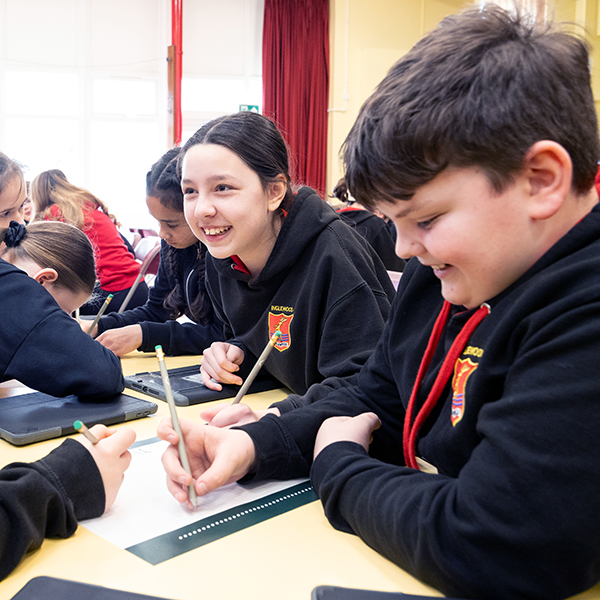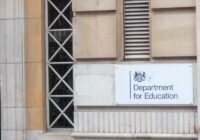The steep fall in purchasing power, caused by high inflation surpassing pay rises, is not ending anytime soon. Triggered by a ‘perfect storm’ of Covid aftereffects, war in Ukraine, and fuel supply issues, inflation is set to keep growing until the end of 2022 and is unlikely to reach the Bank of England’s (BoE) target of 2% until late 2024. With private sector pay rises forecasted at 4.7%, BoE is predicting a 1.7% decrease in real disposable income this year, the second largest decrease since 1964.
While wealthier households may cope with rising costs by reducing consumption or by dipping into savings, poorer families will find it harder, as essential goods (whose prices seem to be increasing faster) make up a larger share of their income. In addition, rising interest rates will affect mortgage installments and bank loans in a time when 17% of UK adults are borrowing more money than a year ago. Signs that people are not coping have already started to appear, with late credit card payments increasing 85% in one year and individual insolvencies up by 14% in the same period.
The management of crises and their effect on the population is heavily affected by governmental policies and outside forces that no one can control. While people’s realities will vary widely, there is room for individual agency in times of trouble.
The role of financial literacy
Knowledge about money and how to manage it empowers people to make informed decisions and take advantage of available resources. Such knowledge could have helped many people prepare for the present crisis by having manageable debt, emergency savings, and using adequate financial services. Many more people could use this knowledge right now to cope with their current situation and plan for the future.
A great proportion of the UK population lack this crucial knowledge: Only 48% of 7-to-17-year-olds receive basic financial education at home or at school, and at least 5.3 million children do not get a meaningful financial education. This knowledge gap could be a precursor to financial difficulties in later life, resulting in worrying statistics like 11.5 million people having less than £100 in savings, 9 million frequently borrowing money to pay for food or bills, and 22 million people unsure of how to plan for retirement (2020 data).
Addressing the financial knowledge gap has a tangible effect on people’s lives. Young adults interviewed by EVERFI reported a range of outcomes affected by their financial knowledge (or lack thereof), including:
- Budgeting to live within one’s income and to avoid debt
- Making informed decisions on employment options
- Understanding tax bands and questioning incorrect pay cheque deductions
- Saving for emergencies and investing in long-term goals
- Building a credit score while managing debt
- Securing student loans and mortgages
- Paying off debt
- Deciding when to use credit or buy insurance
Andy Lymer, professor of Taxation and Personal Finance at Aston University, believes that financial literacy is pivotal throughout a person’s lifetime, although particularly relevant at present: ‘Financial education alone won’t solve the cost of living crisis, but making better financial decisions might help people, where choices are available to them. Now more than ever, financial education is key. You can’t start learning good financial decision-making early enough, nor is there a point you should stop learning about it. Improving our financial education needs to be a lifelong habit, and is especially important right now.’
Sources:
https://www.bankofengland.co.uk/-/media/boe/files/monetary-policy-report/2022/may/monetary-policy-report-may-2022.pdf
www.theguardian.com/society/2022/jan/22/were-pricing-the-poor-out-of-food-in-the-uk-thats-why-im-launching-my-own-price-index
https://www.ons.gov.uk/peoplepopulationandcommunity/personalandhouseholdfinances/expenditure/articles/therisingcostoflivinganditsimpactonindividualsingreatbritain/november2021tomarch2022#toc
https://snoop.app/2022-uk-consumer-spending-report/
https://www.gov.uk/government/statistics/individual-insolvency-statistics-january-to-march-2022/commentary-individual-insolvency-statistics-january-to-march-2022#glossary
https://moneyandpensionsservice.org.uk/2020/01/21/uk-children-and-young-peoples-survey-financial-capability-2019/
https://moneyandpensionsservice.org.uk/wp-content/uploads/2020/03/Financial-Foundations-Challenge-Pack-UK-Strategy-for-Financial-Wellbeing.pdf.
https://moneyandpensionsservice.org.uk/wp-content/uploads/2020/03/Financial-Foundations-Challenge-Pack-UK-Strategy-for-Financial-Wellbeing.pdf







